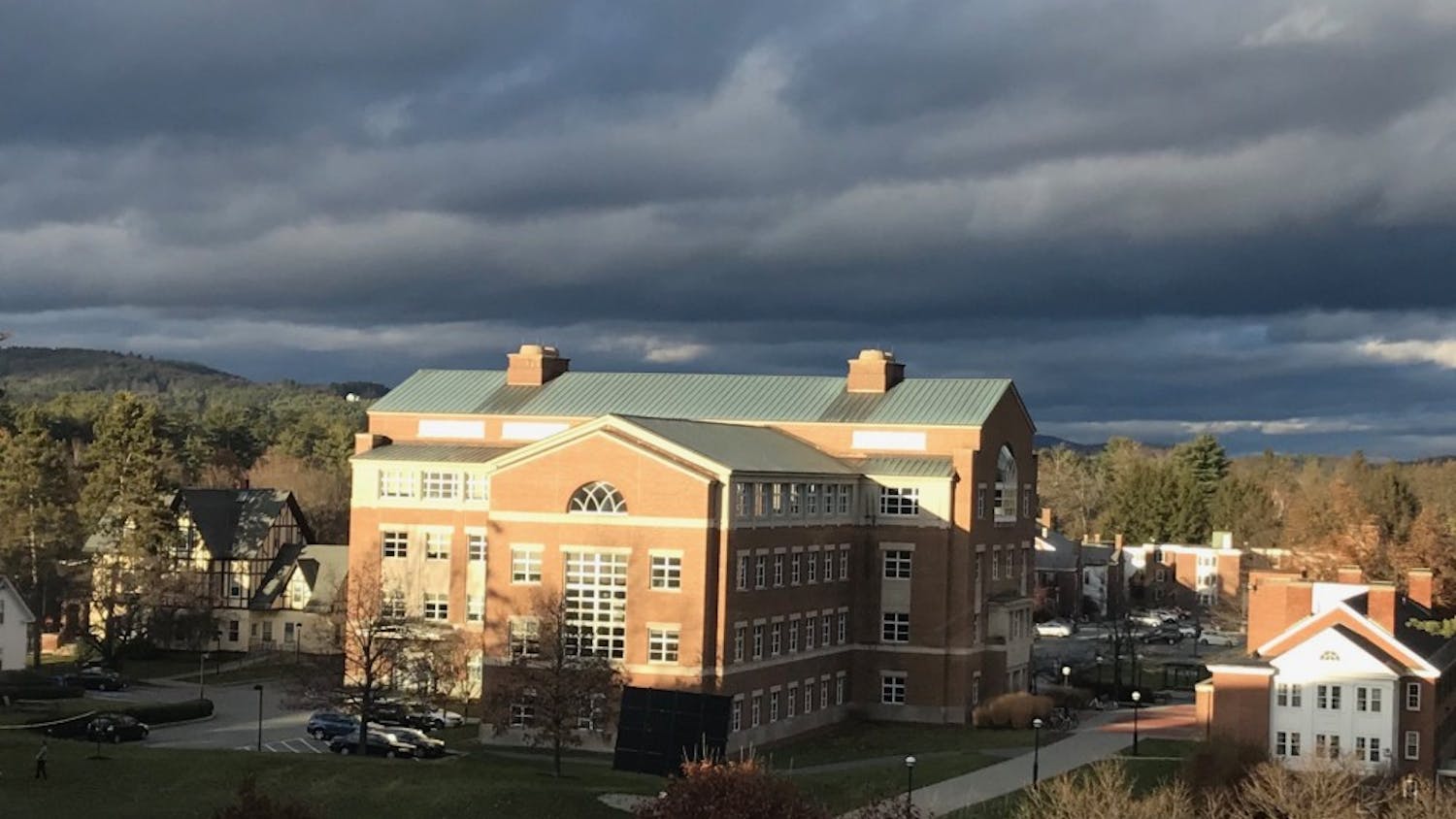Dartmouth's Hillel, the College's Jewish students' organization, held a series of events this weekend to recognize Yom Ha Shoah, the commemoration of the six million Jews killed in the Holocaust.
Mike Hauser '95 and Gila Ackerman '94 organized a reading of names of some of those killed in the Holocaust to begin Yom Ha Shoah events. More than100 students and others read names in front of Collis from 9:30 a.m. to 2:00 p.m. on Friday.
"If we said one name every four seconds it would take us 277 days to read all those who died," Hauser said. "We only read .075 percent of the names of the Jews that were killed."
Hauser also led members of Hillel in a candlelighting ceremony last night in which seven candles were lit - one for every million Jews that died in the Holocaust and one for all other victims.
"I light this candle in memory of families destroyed. I light this candle in memory of children that did not grow up," one of the students said.
The ceremony was followed by a speech on "The Holocaust in Rumania" given by Radu Ioanid, Director of the National Registry of Holocaust Survivors for the National Holocaust Museum in Washington, D.C.
"There's something very specific about the Holocaust in Rumania," Ioanid said. "Sometimes there were open clashes between the Germans and Rumanians concerning how they would deal with the Rumanian Jew."
According to a Rumanian census, there were 756,000 Jews in Rumania before World War II. Half of these Jews perished in the Holocaust. Half of the Rumanian Jews were saved when dictator Ion Antonescu postponed their deportation in October 1942, Ioanid said.
Ioanid discussed treatment of the Jews of Rumania. In addition to being deported, "women were raped, children and the elderly were shot," Ioanid said. "The Rumanians shot Jews in order to sell their clothes to Rumanian peasants," he said.
Following his speech, Ioanid showed a series of graphic photographs of destroyed Jewish stores, murdered Jews on the streets of Rumania, trains that transported Jews to the death camps and public executions.
Slides of military documents reporting the numbers of Jews killed by each commanding officer, maps showing the concentration of Jews in Rumania, and train schedules and deportation papers were also displayed.
"It is so unbelievably infuriating that there are people denying that the Holocaust actually took place," Hauser said. "These documents prove that the atrocities occurred."



